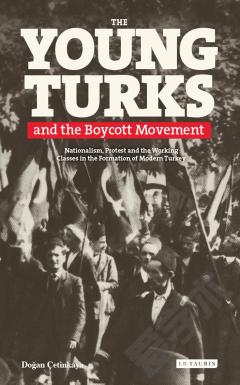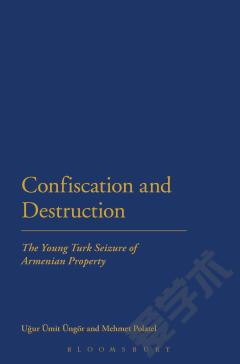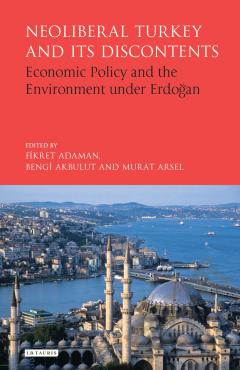The Young Turks and the Boycott Movement
Introduction Chapter I: Classes and the Problem of Agency in the Ottoman Empire Non-Muslim Bourgeoisie and the State Muslim Merchants Muslim Working-class Culture, Class Consciousness and Islam Chapter II: The Emergence of Economic Boycott as a Political Weapon, 1908 People Takes Action: Mass Actions and Public Demonstrations The Organization Workers' Boycott: Oscillating in between Strike and Boycott Merchants in the Boycott: The Weakest Link Popularization of the National Economy Chapter III: The Shift from Foreign to "Internal" Enemies, 1910-1911 The Cretan Question Meetings, Direct Actions and Mobilization of the Society The Boycott Society Muslims versus non-Muslims National Economy, Muslims Merchants and the Working-class State and the Boycott Movement Chapter IV: The Muslim Protest: Economic Boycott as a Weapon under Peacetimes, 1913-1914 The Political Milieu Pamphleting the Muslim Public "Henceforth Goods to be Purchased from Muslim Merchants" Banditry and Agency in the Boycott Movement Epilogue: The Mass Politics in the Second Constitutional Period and the Boycott Movement Popularization of Politics and the Shift in Mass Politics Mass Politics, National Economy and the Boycott Movement Popular Ideology, Islam and the Mobilization of the Masses Bibliography
{{comment.content}}








 京公网安备 11010802027623号
京公网安备 11010802027623号